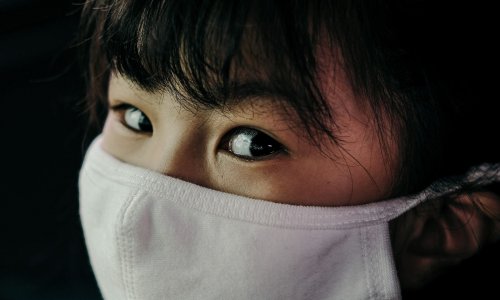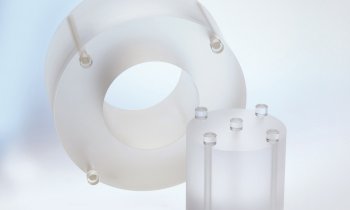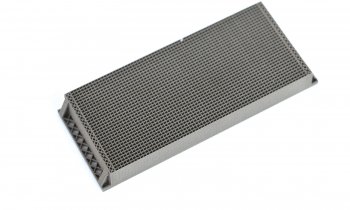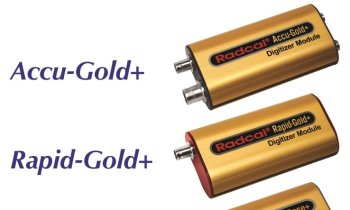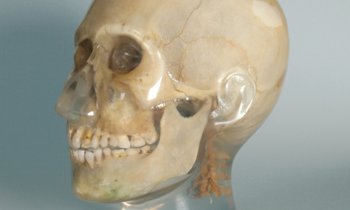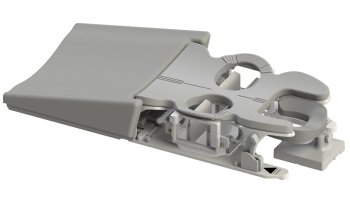News • Innovative textiles
Researchers develop face mask that takes out SARS-CoV-2
Researchers from Freie Universität Berlin at the Institute for Animal and Environmental Hygiene and the Institut für Textiltechnik (ITA) of RWTH Aachen University are collaborating on the topic of alternative personal protection equipment.
The testing was conducted in the context of the EIT Health Project ViruShield, supported by the European Union, with the objective to discover alternative filter materials for face masks in light of tight supply and globally imbalanced supply chains for personal protective equipment.
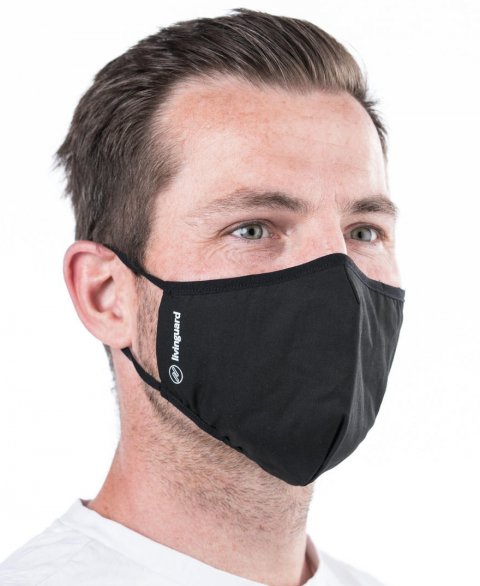
Image source: © Livinguard
The Swiss company Livinguard has developed a treatment for textile facial masks that can directly inactivate bacteria and viruses. While researchers at the ITA of RWTH Aachen University conducted experiments on the chemical and physical properties of various textiles for face masks, researchers at Freie Universität Berlin were able to demonstrate that these new textiles can reduce high amounts of SARS-CoV-2 virus particles by up to 99.9% within a few hours. “The textiles in these masks can thus continuously inactivate the exhaled viruses and can make handling these masks even safer overall,” says Professor Dr. Uwe Rösler, Institute for Animal and Environmental Hygiene. “In addition, such textiles could also help to reduce hygienic issues in other general and medical areas, even beyond COVID-19.”
The novel corona virus SARS-CoV-2 can be transmitted through airborne droplets and aerosols. For this reason, governments and health authorities worldwide, including the WHO, recommend wearing face masks to protect other people and, to a small extent, oneself. These face masks can hold back SARS-CoV-2-containing droplets that occur when you exhale, cough and sneeze.
However, great care must be taken when handling contaminated face masks: After use, either the masks must be disposed of, or the viruses can be inactivated by washing at higher temperatures or by microwave treatment.
The principle underlying the technology is that the textile surface has a strong positive charge. When microbes come into contact with the technology, the microbial cell, which is negatively charged, is destroyed, leading to permanent destruction of the microorganism. Unlike alternative metal-based solutions, the novel technology has been found to be safe for both skin and lungs. Moreover, the technology is very sustainable, allowing users to reuse the mask up to 200 times with no reduced impact on safety or efficacy.
Source: Freie Universität Berlin
14.06.2020



